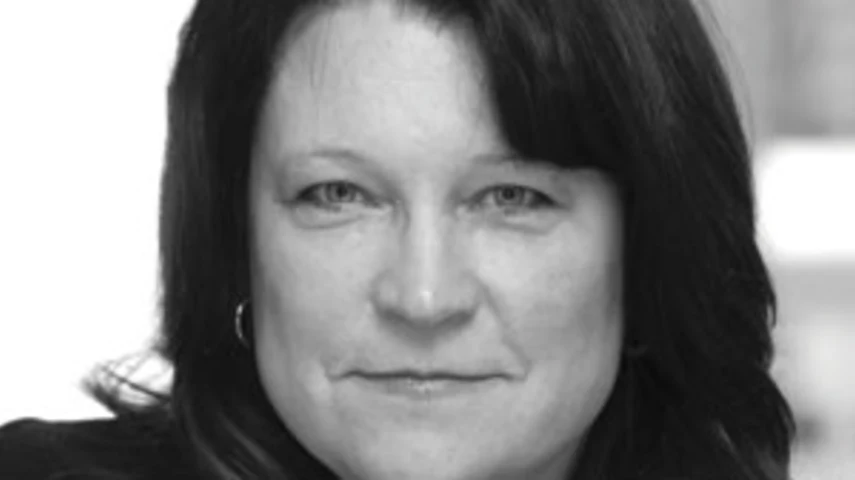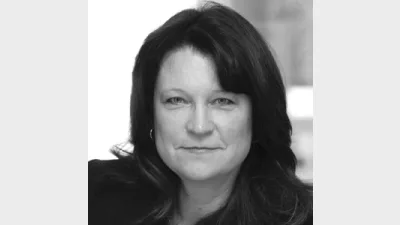Heed the baby boomer complainant



Many complaints received by the superannuation complaints tribunal (SCT) are from members who feel there is a delay or lack of attention given to their concerns by super funds.
The SCT annual report 2013/14 said these complaints then intensify if the member feels the fund has not tackled their problems and issues.
Acting chairperson Jocelyn Furlan said effective communication is vital for baby boomers, especially because there are two kinds of unhappy baby boomers, with the first group being the very well informed.
"The other group — which I think is the bigger group — know absolutely nothing about superannuation," Furlan said.
She added this includes doctors, engineers, and the like, who have been at the top of their profession for 20 to 30 years
"This lack of knowledge can make them feel vulnerable, which means they can pursue their complaints aggressively."
"If you don't respond to their complaint, they're going to make that complaint their retirement hobby."
The annual report said 1,594 written complaints were settled or withdrawn this year, a 26.1 per cent jump from last year.
The tribunal received 2,493 written complaints this year related to administration, death and disability.
Of these, 1364 (54.7 per cent) complaints were within jurisdiction and 1129 (45.3 per cent) were outside jurisdiction.
Administration complaints comprised the biggest category of all written complaints received within jurisdiction, at 46.4 per cent, while death complaints made up 32.5 per cent and disability complaints made up 21.1 per cent.
Recommended for you
Australia’s largest super funds have deepened private markets exposure, scaled internal investment capability, and balanced liquidity as competition and consolidation intensify.
The ATO has revealed nearly $19 billion in lost and unclaimed super, urging over 7 million Australians to reclaim their savings.
The industry super fund has launched a new digital experience designed to make retirement preparation simpler and more personalised for its members.
A hold in the cash rate during the upcoming November monetary policy meeting appears to now be a certainty off the back of skyrocketing inflation during the September quarter.









